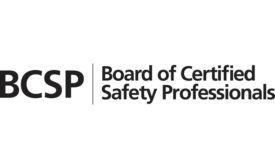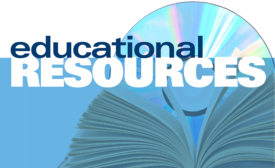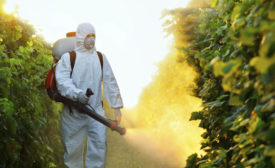OSHA
Can face masks protect you from catching coronavirus?
Studies suggest they may provide some benefit, but what’s out there isn’t conclusive
January 27, 2020
AIHA releases 2nd edition of Recognition, Evaluation, and Control of Indoor Mold
A resource for practicing industrial hygienists, architects, mechanical engineers, IAQ practitioners & home inspector
January 24, 2020
AHA says proposed rollbacks to school food programs will harm health
“It is shocking that the USDA has decided to once again put the health of our children at risk"
January 20, 2020
Never miss the latest news and trends driving the safety industry
eNewsletter | Website | eMagazine
JOIN TODAYCopyright ©2024. All Rights Reserved BNP Media.
Design, CMS, Hosting & Web Development :: ePublishing








